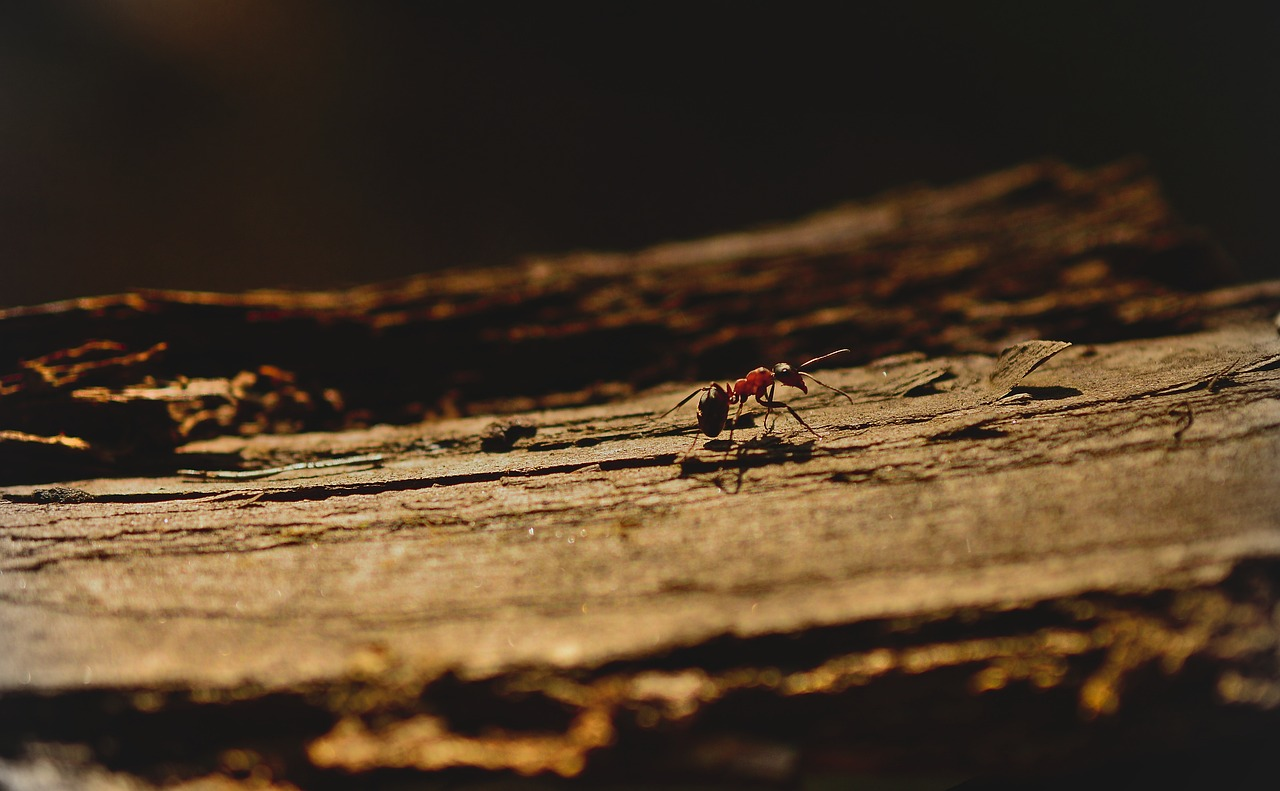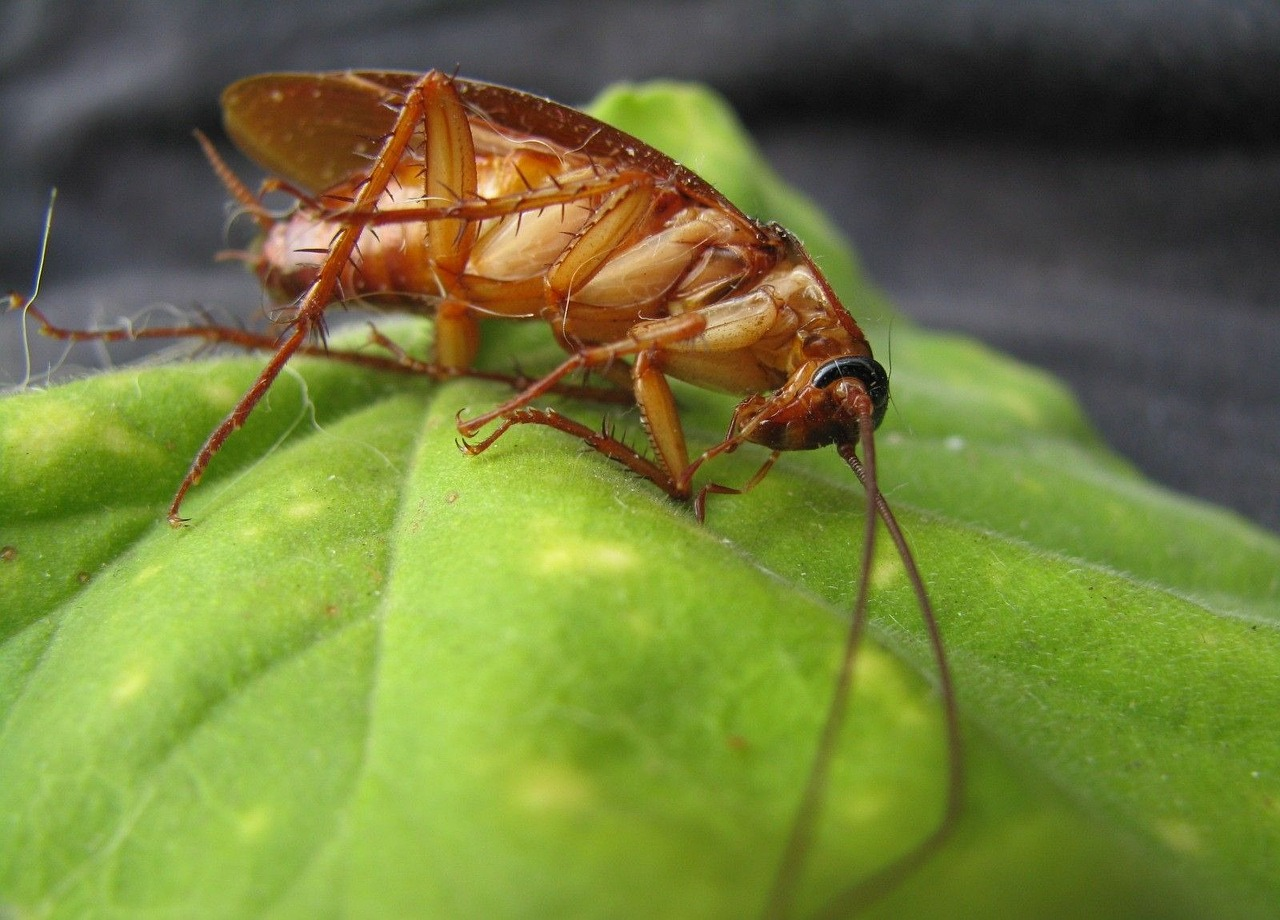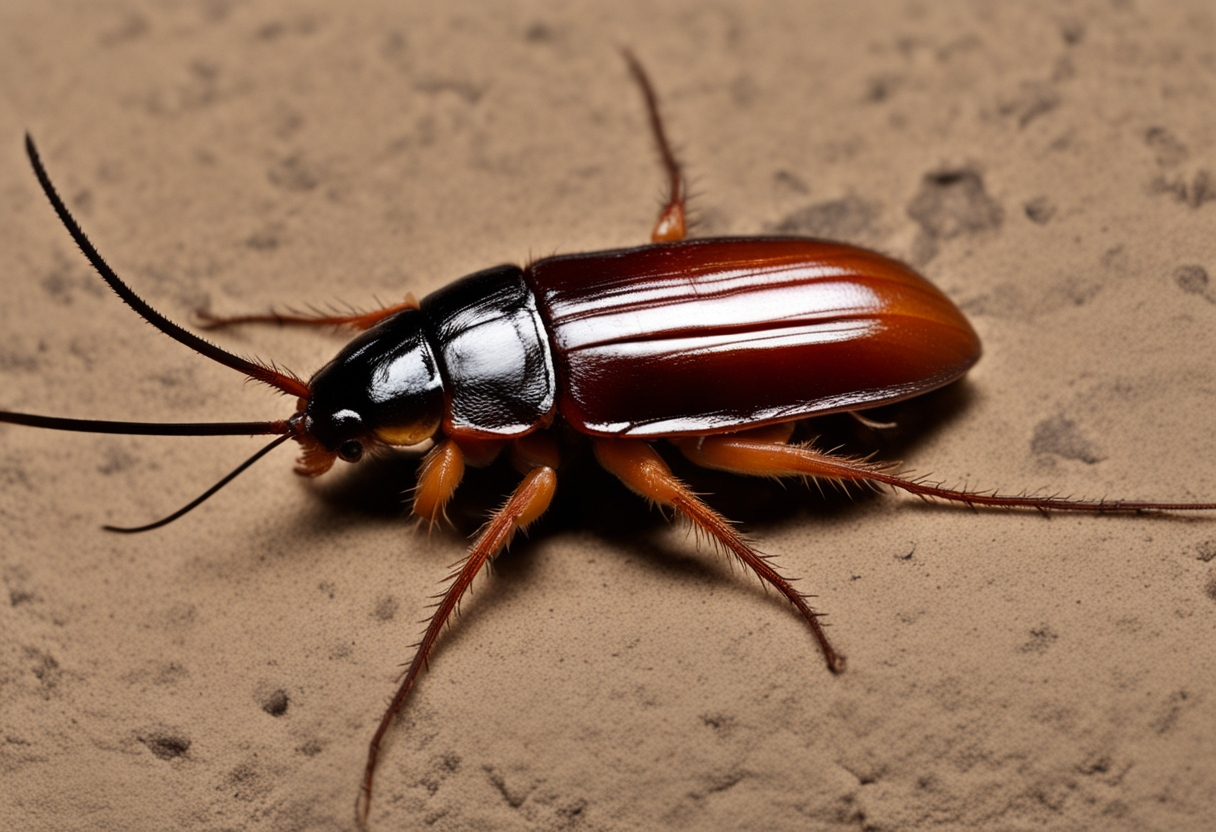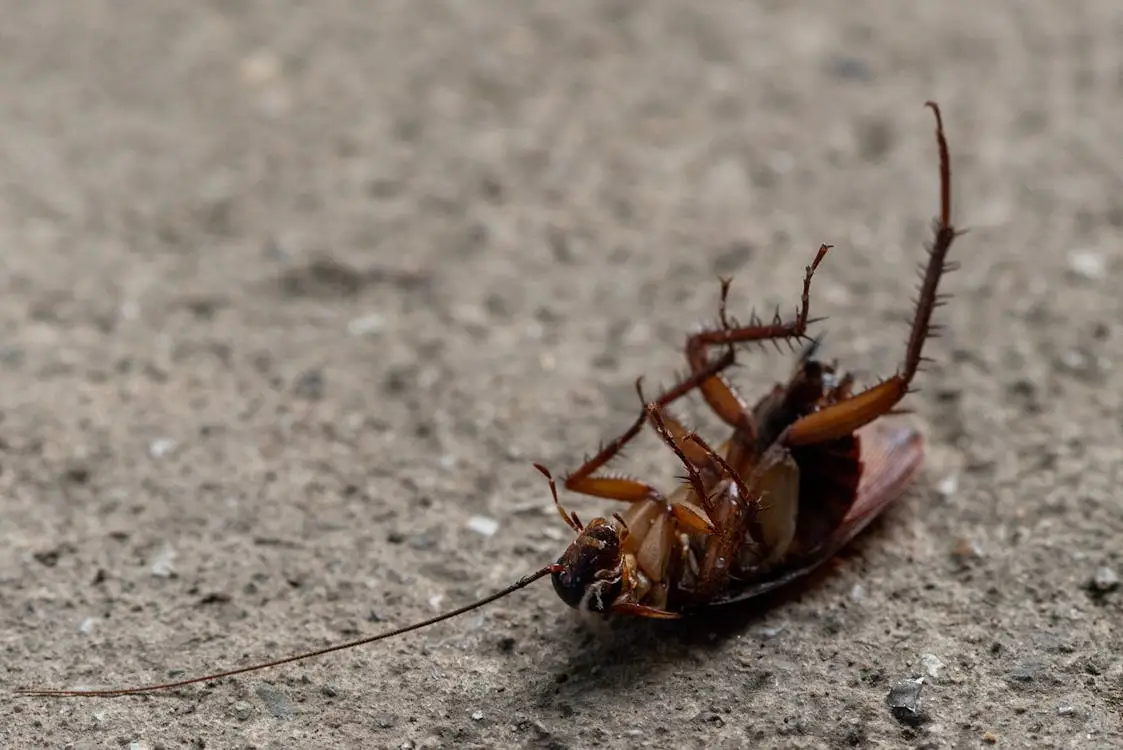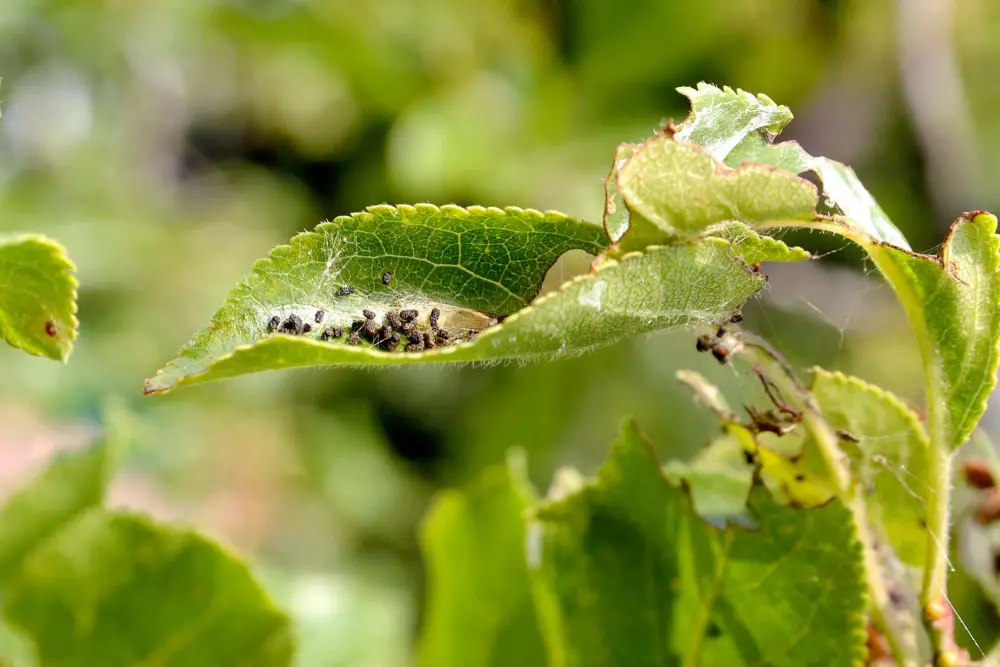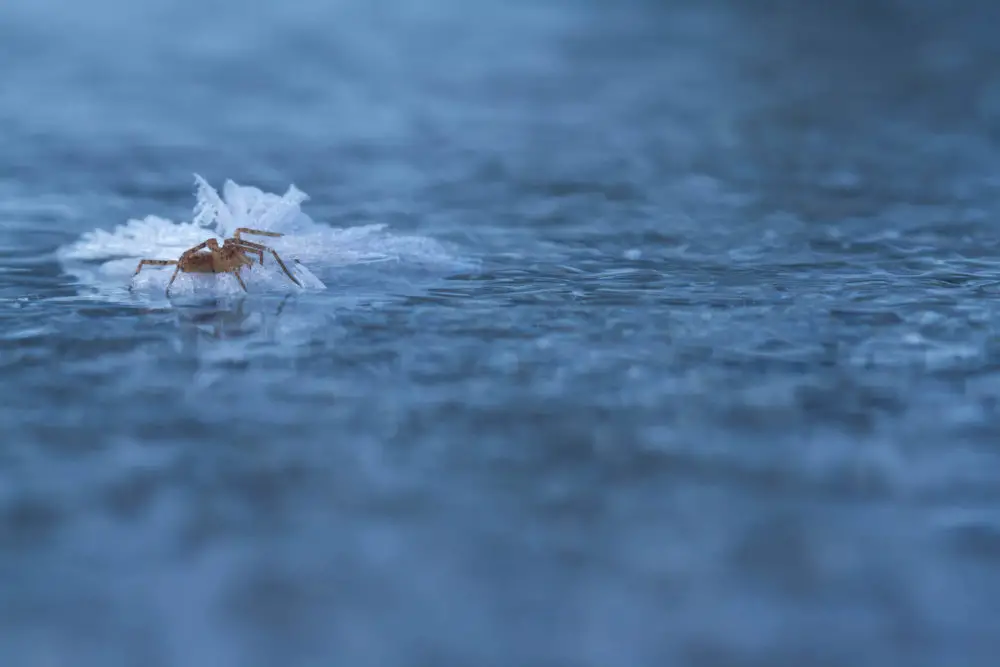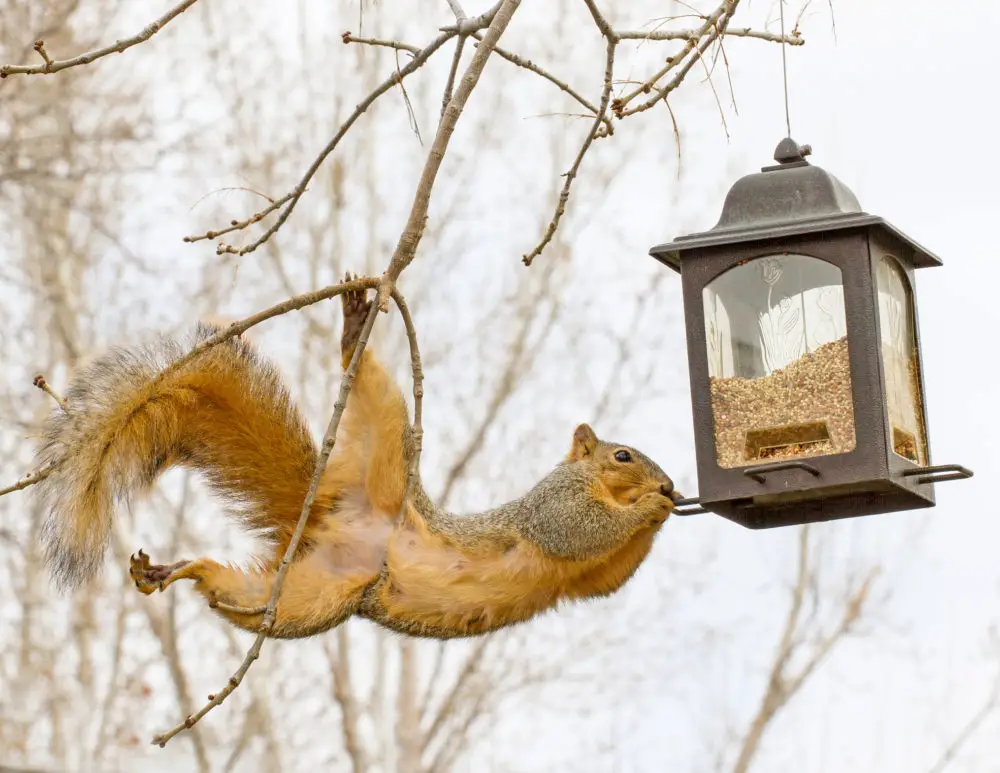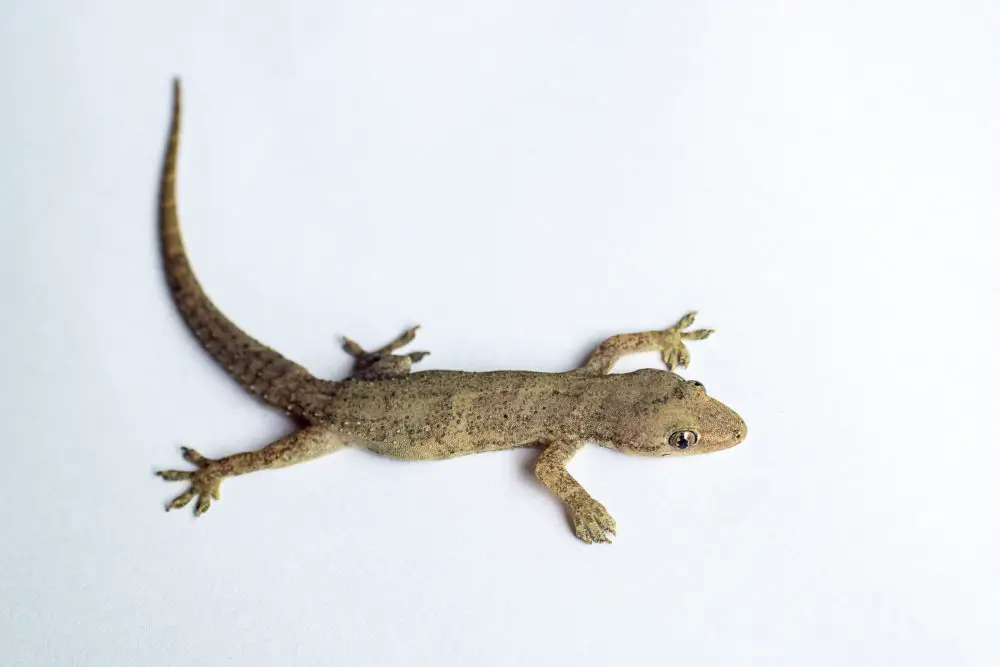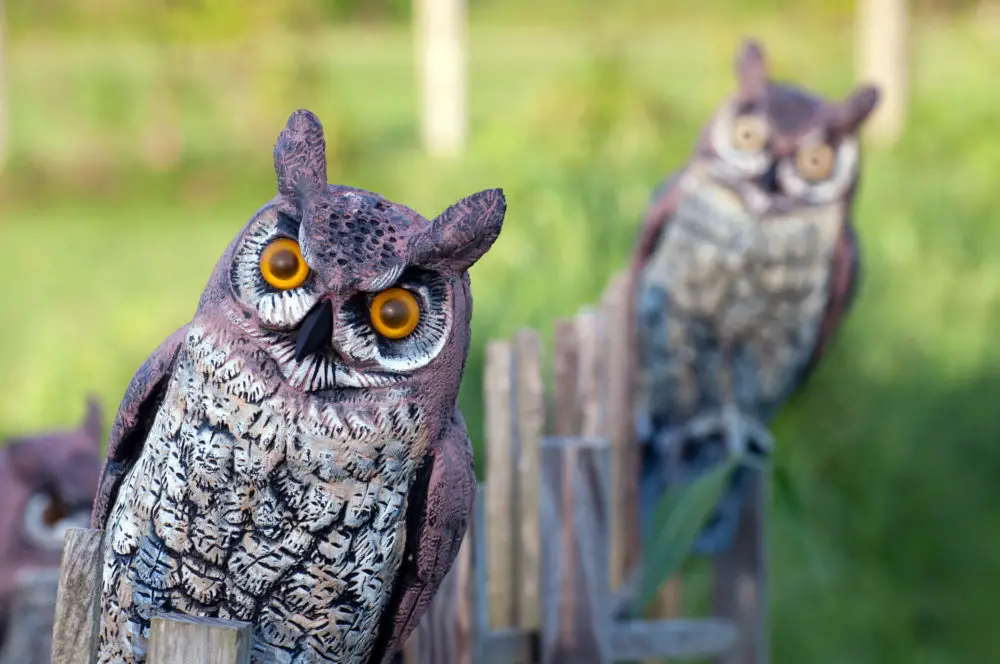How to Get Rid of Bull Ants: A Comprehensive Guide
Bull ants are a common pest problem, particularly in Australia and other temperate regions. These large, aggressive ants can pose a significant threat due to their painful bites and aggressive behavior. Understanding how to identify, manage, and eradicate bull ants is crucial for maintaining a safe and comfortable living environment. … Read More
